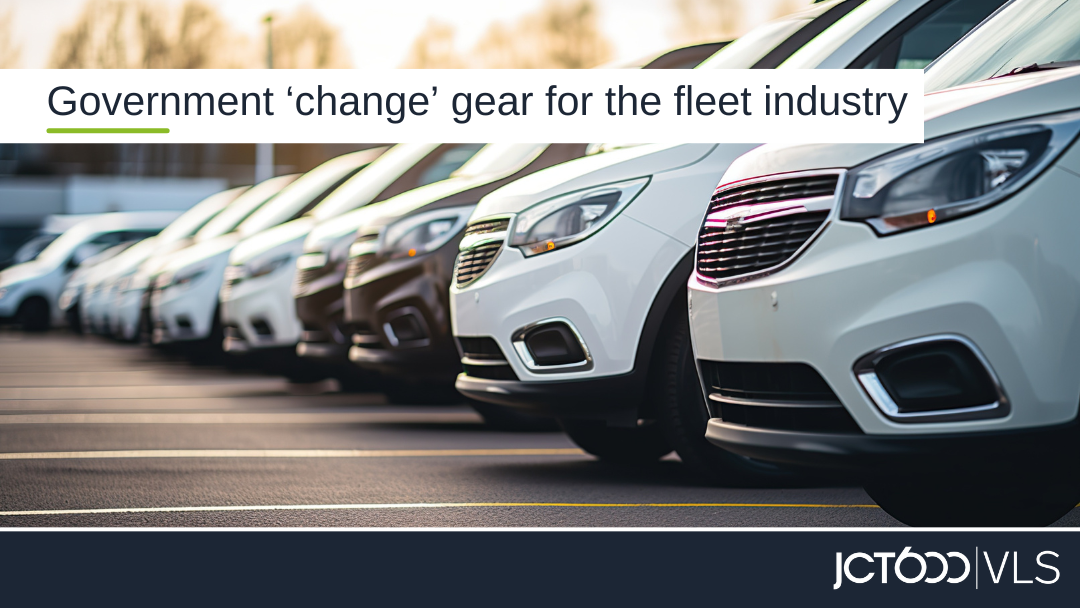Following Labour’s landslide victory and big promises of change for the country, we look at what the new government promised within its manifesto that will directly affect the fleet industry, and whether it will accelerate the UK’s road to net zero.
With such a large majority, Labour should have the confidence and power to put in place policies suggested within its manifesto. The standout points for us included:
Fixing one million potholes across England
We have previously highlighted the issues that the growing number of potholes on the UK’s roads are causing for customers and drivers. Labour pledged to fix an additional one million potholes across England every year of the next parliament. It says this will be funded by deferring the A27 Arundel bypass. This is welcome news to us here at VLS as we have seen the damage and associated costs that can be caused by potholes.
Tackle soaring costs of car insurance
The rising costs of car insurance has had an impact on many fleets, and if they haven’t felt the pain yet then it is coming. These soaring costs have been caused by rising prices throughout the supply chain, including the higher costs of repairs as vehicles become more advanced, and the poor availability of skilled labour, which continues to be a major issue.
It is not yet known how Labour plans to tackle the soaring costs of car insurance, but it will be welcomed by fleets and drivers alike.
Restore the phase-out date of 2030 for new cars with internal combustion engines
Last year, the Conservative Government announced moving the ICE vehicle deadline from 2030 to 2035 to put it in line with the rest of Europe. The news received mixed reactions across the automotive industry. We are interested to see if there will in fact be another U-turn on the date and if there will be a clear direction for how the government plans to accelerate the transition to electric.
Take up is being driven by consumer behaviour along with what the manufacturers are building. We are starting to see more affordable electric vehicles (EVs) coming to market, which will appeal to a wider driver population. However, we believe the ZEV mandate is driving this more so than the 2030/2035 headline goals.
Support buyers of second-hand EVs by standardising the information supplied on the condition of batteries
Strengthening the second-hand market for EVs will play a vital role in the continued growth of electrification. There is a huge uptake opportunity in supplying used EVs through salary sacrifice. With savings of up to 50% versus a new EV on salary sacrifice, it will appeal to yet another population of employees who have traditionally found value in used retail vehicles. Whilst such an offering may have been in part driven by lease companies mitigating losses on already written residual values (RVs), it is also helping to create a stronger second-hand market for EVs.
Labour’s plans for the used EV market need to be more than just a receipt on battery health. They should focus any financial support to help used EV buyers. This will strengthen RVs and therefore continue to support new uptake with lower rental costs.
Accelerate the rollout of charge points
The details on how exactly Labour plans to accelerate the rollout of charge points hasn’t been suggested yet, but it would be a big step forward for the UK’s road to net-zero and will likely encourage more drivers to make the transition to electric if they are confident in the infrastructure to support it.
On the whole, the pledges suggest a move in a positive direction for the fleet industry. When the ‘Road to Zero’ date was pushed to 2035, we remained confident that our advice to fleets would not significantly change, as we would continue to support their transition to EVs at a time that suited their business needs. A return to the 2030 deadline shows a welcome commitment in this area. In the near future, we would like to see further commitment in the form of financial incentives, grants, and clarity on future BIK rates. As Labour now settles into their new seats, the country is looking for clarity on the promises pledged during the campaign. Electrification will play a significant part in the UK’s road to net zero, but investment in driver education, incentives, and infrastructure is imperative to achieve widespread adoption.

